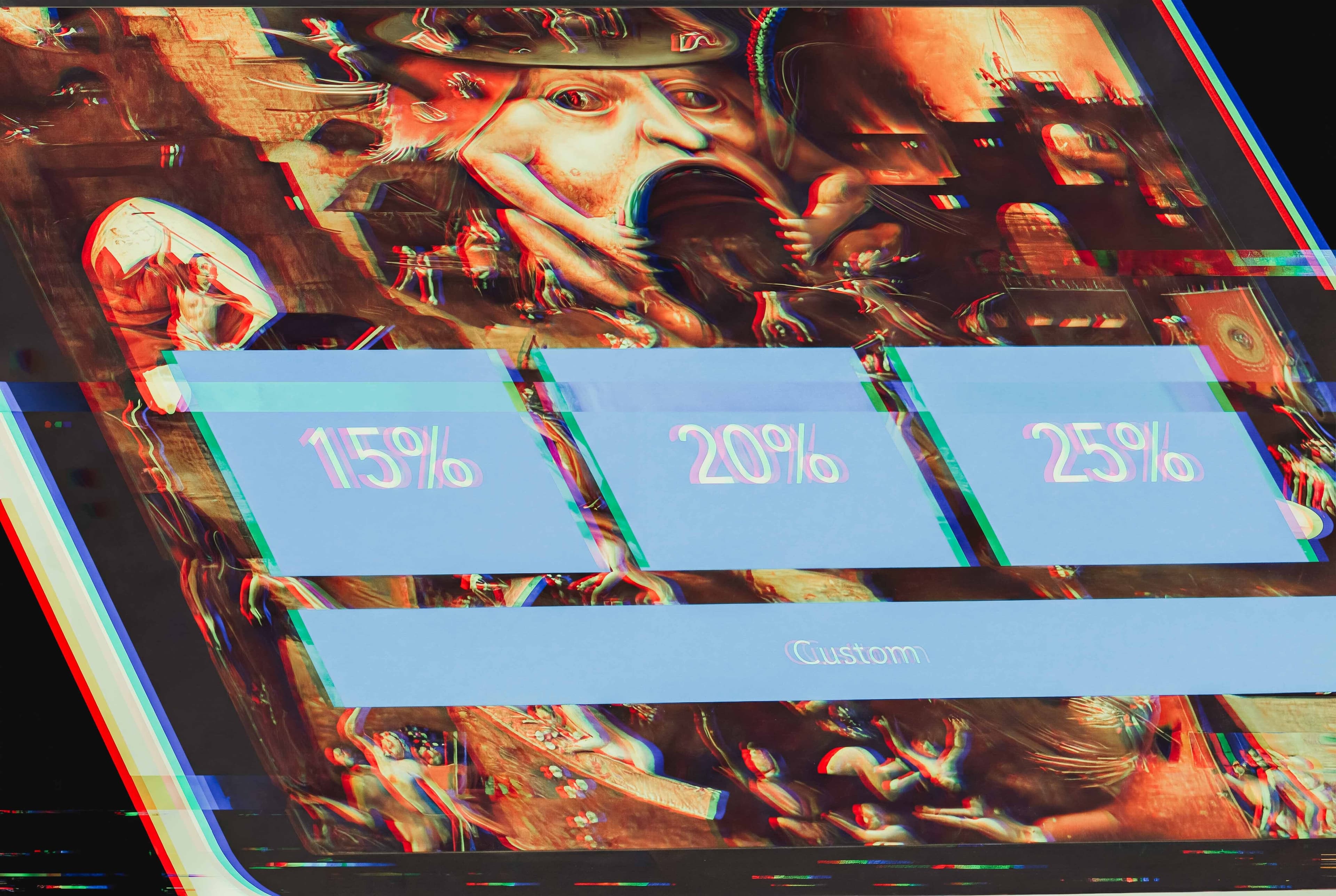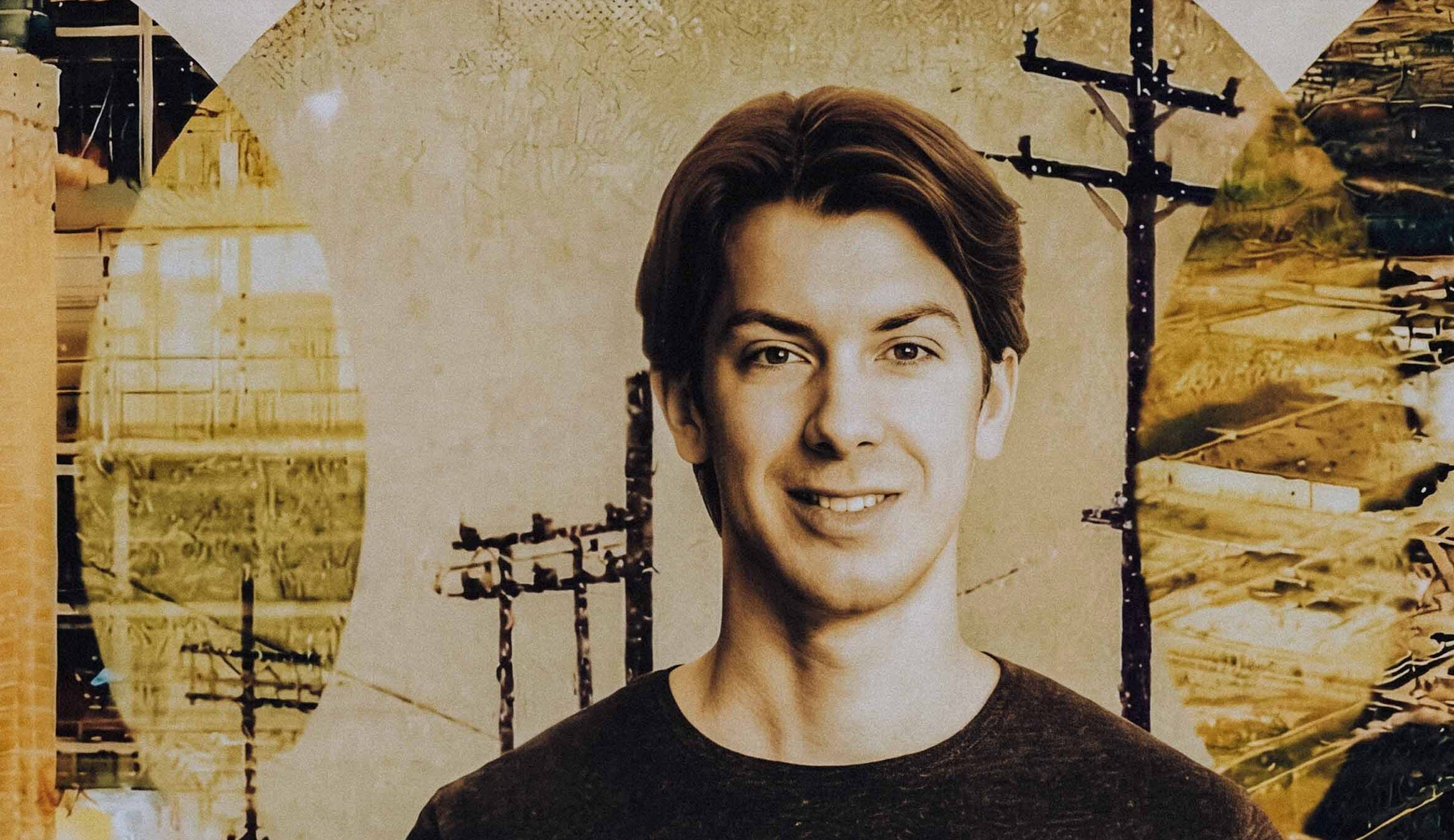Good morning, special delivery: my interview with Peter Thiel.
Fifteen years ago, in the earliest days of our friendship, I’d grab coffee with Peter every now and then when he was in New York, and we would talk about everything: politics, philosophy, what exactly it would take to build a fleet of independent micro-nations in the middle of the ocean (for example). I was 23, and these were the most exhilarating conversations I had ever had. Inevitably, after an hour or so, Peter would mention a book I had never heard of, strongly suggest I read it, and send me on my way. We were “friends,” I told confused family members of the billionaire, philanthropist, entrepreneur, writer, intellectual, investor. But really Peter was more like a mentor, of whom I was very much in awe. This is maybe just to say I did a lot of googling for “Peter Thiel” back then, which is how, despite his never having mentioned it, I found his first book: by then a long-forgotten title called The Diversity Myth. Without thinking too deeply over the question of why it never came up, or if perhaps this omission from our conversations were intentional, I hunted down a tattered, old copy, and read it front to back.
Peter co-wrote The Diversity Myth with David Sacks in 1995, following their experience on the politically deranged Stanford campus of the late 1980s and early 1990s. At the time, the phrase for the entire nested series of regressive concepts they were tackling — summed up concisely in the activist chant “hey hey, ho ho, Western Civ has got to go” — was “politically correct.” The trend (philosophy?) was cancerous, the authors forcefully argued. But it was clear from their writing they also found it objectively kind of hilarious. Long story short, they threw a lot of rotten fruit at tedious idiots, and went on to become two of the most important businessmen of our generation. A great read! I endeavored to question Peter all about it over coffee, and assumed he’d find my interest flattering. This, I quickly learned, was not the case.



